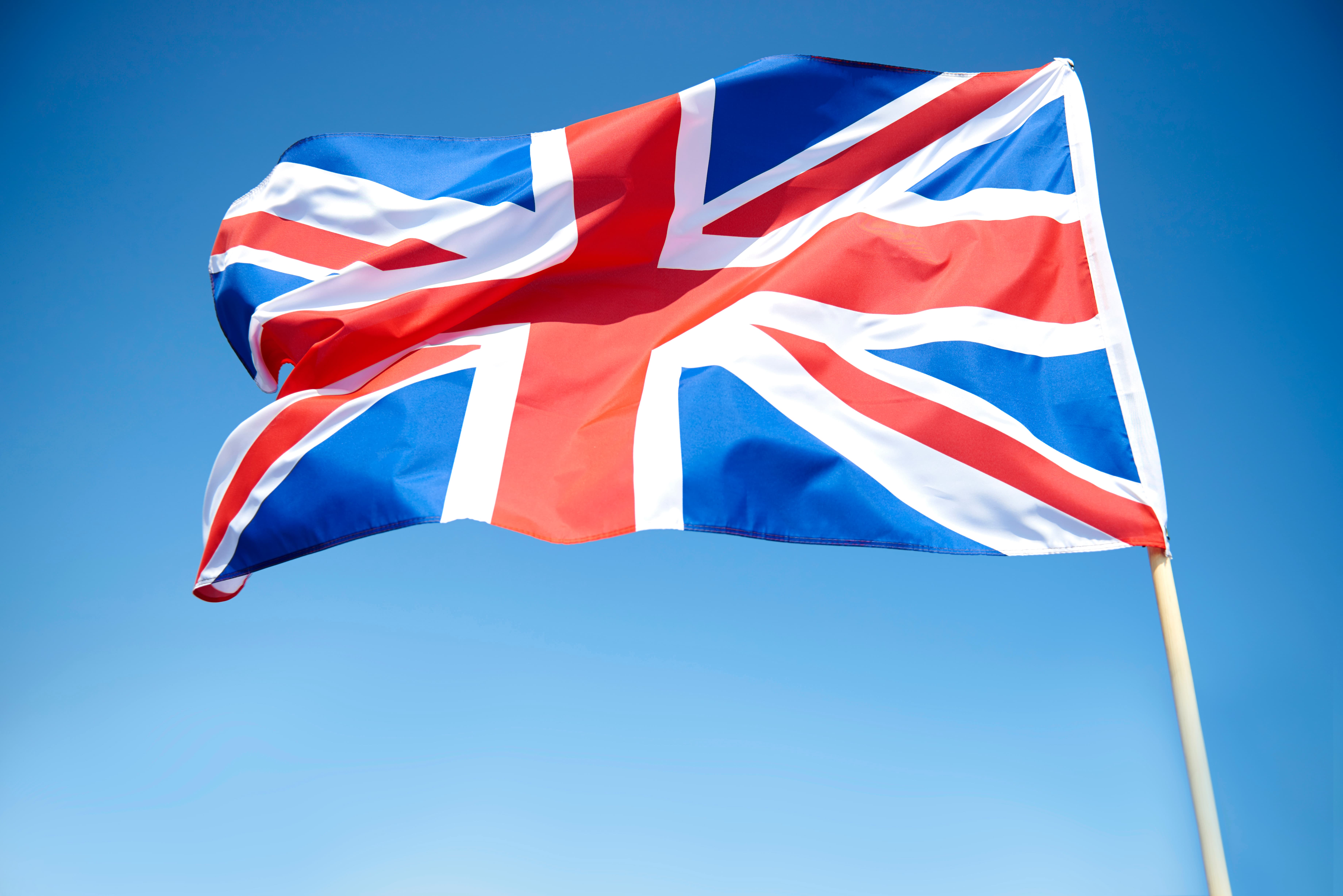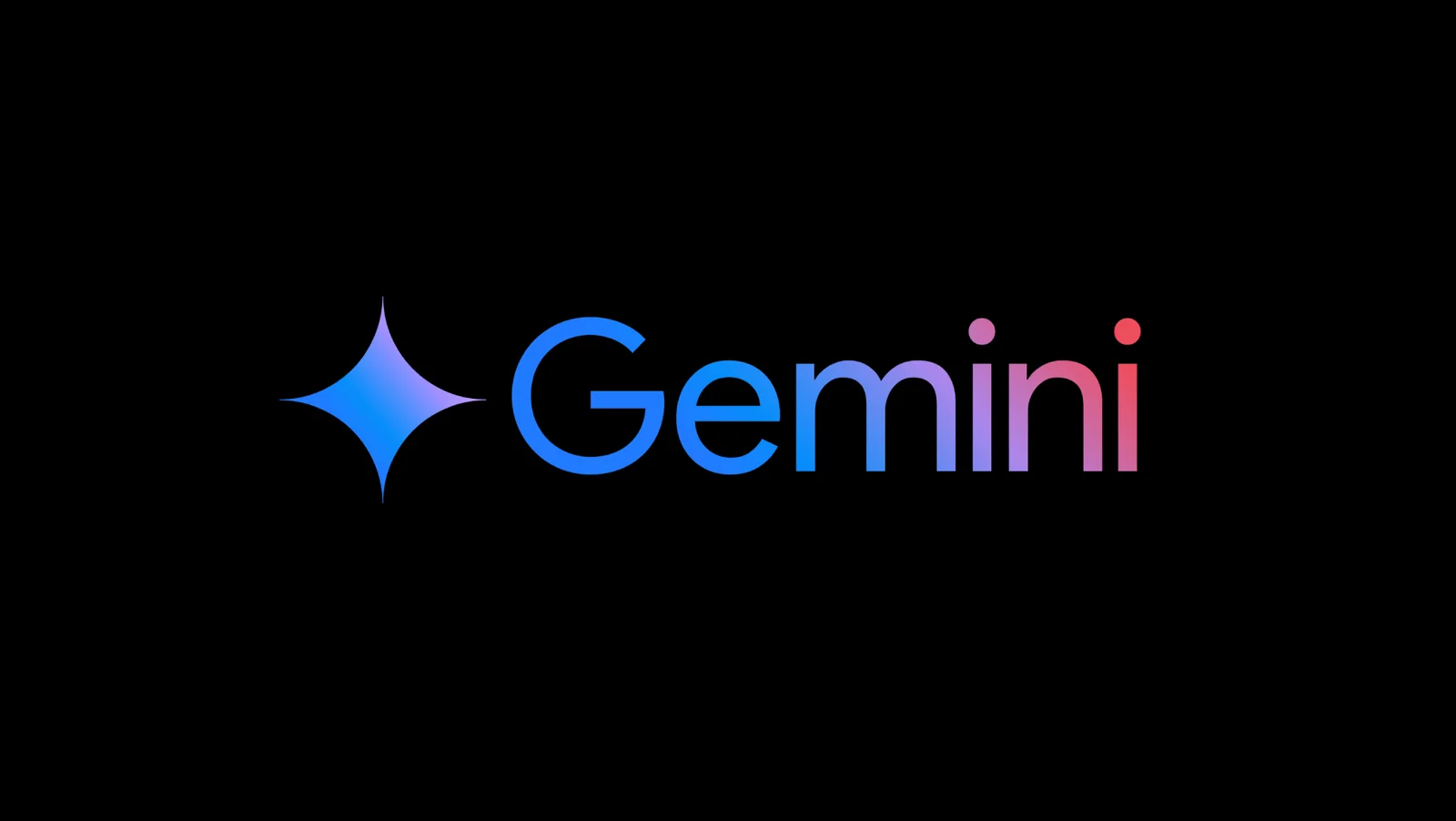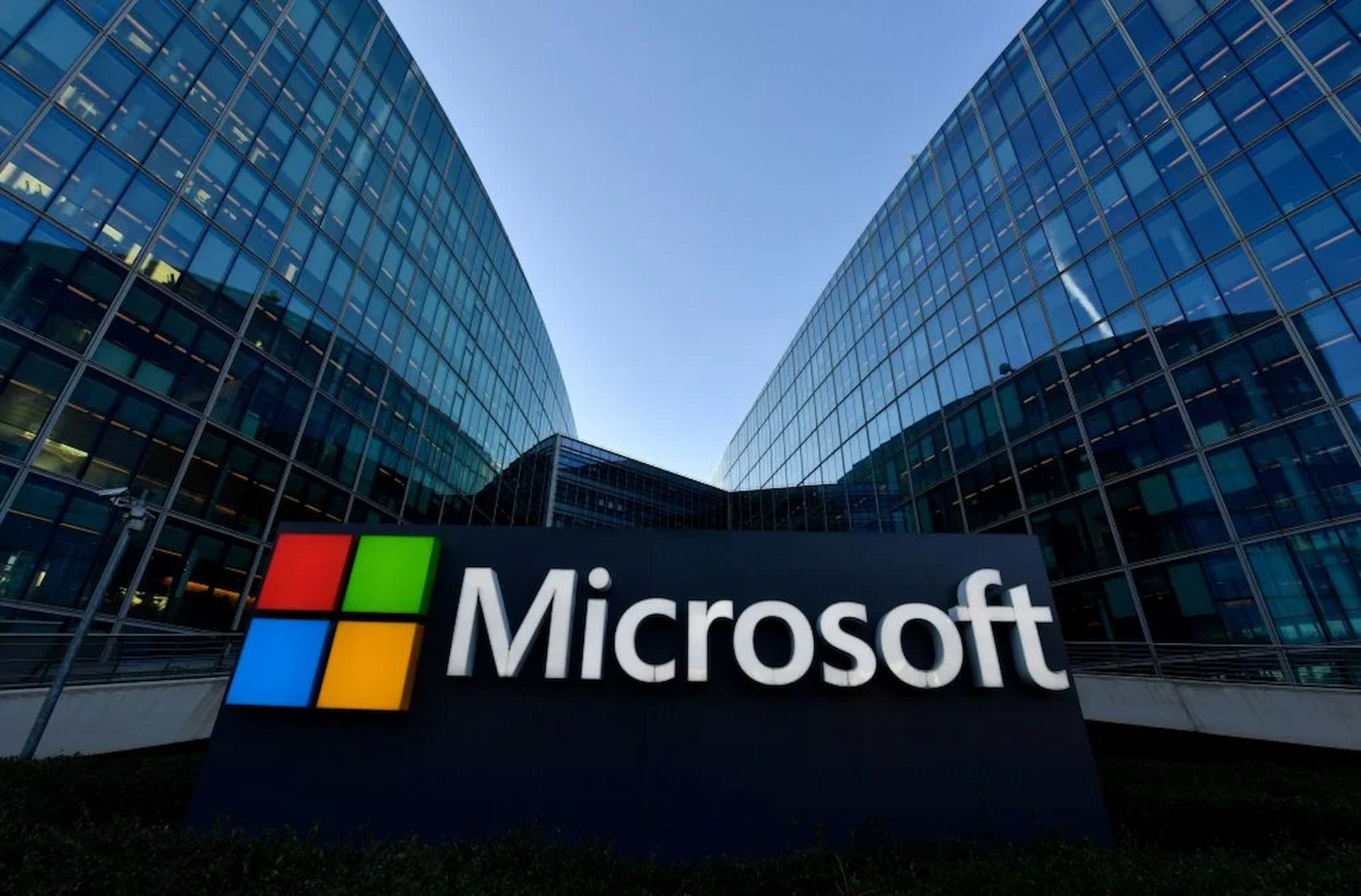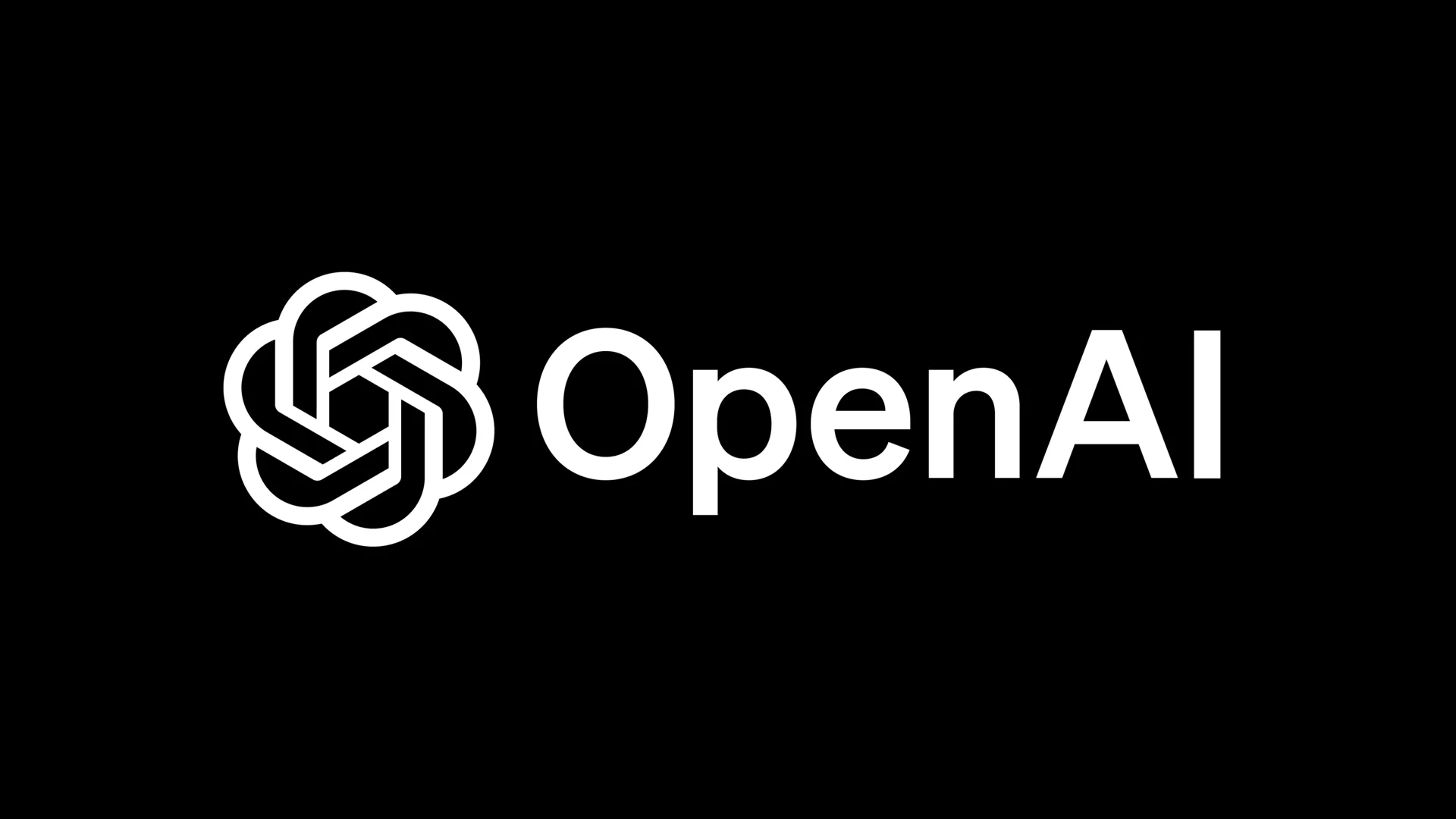Google has removed its Gemma AI model from AI Studio after US Senator Marsha Blackburn accused it of producing false sexual misconduct claims about her. The senator said Gemma fabricated an incident allegedly from her 1987 campaign, citing nonexistent news links to support the claim.
Blackburn described the AI’s response as defamatory and demanded action from Google.
The controversy follows a similar case involving conservative activist Robby Starbuck, who claims Google’s AI tools made false accusations about him. Google acknowledged that AI’ hallucinations’ are a known issue but insisted it is working to mitigate such errors.
Blackburn argued these fabrications go beyond harmless mistakes and represent real defamation from a company-owned AI model.
Google stated that Gemma was never intended as a consumer-facing tool, noting that some non-developers misused it to ask factual questions. The company confirmed it would remove the model from AI Studio while keeping it accessible via API for developers.
The incident has reignited debates over AI bias and accountability. Blackburn highlighted what she sees as a consistent pattern of conservative figures being targeted by AI systems, amid wider political scrutiny over misinformation and AI regulation.
Would you like to learn more about AI, tech and digital diplomacy? If so, ask our Diplo chatbot!










